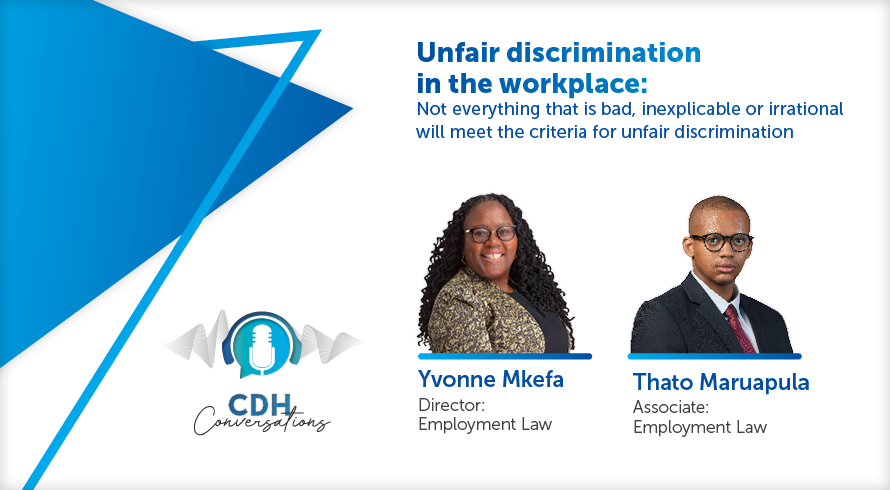Are you compliant? CIPC Compliance Checklist now mandatory
The Checklist will be used by the CIPC to ensure, regulate and monitor compliance of the mandatory requirements of the Companies Act. It is also intended to be used by directors, company secretaries and other company personnel, in educating and guiding them in respect of their responsibilities under the Companies Act. Penalties for non-compliance, as regulated by Section 216 of the Companies Act, may include an administrative fine.
The Checklist contains 24 yes/no questions, some of which are highlighted below:
- Did the company comply with section 4 (solvency and liquidity test) during the previous calendar year?
- Did the company comply with section 15 (Memorandum of Incorporation, shareholders’ agreement and rules of the company) during the previous calendar year?
- Did the company comply with section 26 (Access to company records) during the previous calendar year?
- Did the company comply with section 27 (Financial year of company) during the previous calendar year?
- Did the company comply with section 28 (Accounting records) during the previous calendar year?
- Did the company comply with section 29 (Financial statements) during the previous calendar year?
- Did the company comply with section 30 (Annual financial statements) during the previous calendar year?
- Did the company comply with section 32 (Use of company name and registration number) during the previous calendar year?
- Did the company comply with section 33 (Annual return) during the previous calendar year?
- Did the company comply with section 44 (Financial assistance for subscriptions of securities) during the previous calendar year?
- Did the company comply with section 45 (Loans of other financial assistance to directors) during the previous calendar year?
- Did the company comply with section 50 (Securities register and numbering) during the previous calendar year?
The nature of the Checklist has however presented some practical issues. For example, it does not allow respondents an opportunity to explain or expand upon their responses to the questions posed. Another issue raised by stakeholders is that some sections of the Companies Act do not seem to contain obligations, yet are mentioned in the questionnaire. For example, section 4 of the Companies Act merely explains how the solvency and liquidity test should be applied, while the compliance obligation is contained in other sections of the Companies Act, such as section 46.
Furthermore, there seems to be a potential discrepancy between financial and compliance reporting periods, which may arise when submitting the Checklist. A company’s annual financial statements submitted with the annual return normally represents the financial position of the previous financial year while the responses to the Checklist are in respect of the past calendar year. As a calendar year is not defined in the Companies Act and since the annual return must be filed within 30 business days after the anniversary of the company’s incorporation, it is therefore unclear to which period the Checklist is referring to and the reporting periods may therefore not align.
Nevertheless, since compliance with the Companies Act is mandatory, company secretaries and directors must ensure that a company complies with the Companies Act at all times and are therefore advised to sufficiently prioritise the submission of the Checklist with their annual return.
The information and material published on this website is provided for general purposes only and does not constitute legal advice. We make every effort to ensure that the content is updated regularly and to offer the most current and accurate information. Please consult one of our lawyers on any specific legal problem or matter. We accept no responsibility for any loss or damage, whether direct or consequential, which may arise from reliance on the information contained in these pages. Please refer to our full terms and conditions. Copyright © 2026 Cliffe Dekker Hofmeyr. All rights reserved. For permission to reproduce an article or publication, please contact us cliffedekkerhofmeyr@cdhlegal.com.
Subscribe
We support our clients’ strategic and operational needs by offering innovative, integrated and high quality thought leadership. To stay up to date on the latest legal developments that may potentially impact your business, subscribe to our alerts, seminar and webinar invitations.
Subscribe




